I recently found historian Rachel Chrastil’s site, Childless, Childfree: News, Research & the Arts. On this site, she “reports on childlessness in the news, research about childlessness, and portrayals of childlessness in the arts–past, present, and future.” I was curious to know more about her and her research on the childless and childfree in history.
The Childless and Childfree in History: Q&A With Rachel Chrastil
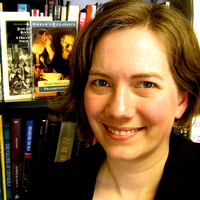 How did you become interested in the history of childlessness?
How did you become interested in the history of childlessness?
Nearly 1 in 5 women in the United States and most Western countries do not bear children. Yet this is not a new trend, but one that extends back hundreds of years to the towns and villages of northwestern Europe. I wanted to know what I could learn from these women and whether their experiences were anything like my own.
How do you find the interesting stories of the childless in history we read about on your site?
I turned to historical databases to search for work on childlessness and on women who never married. One of the most important books on the history of childlessness is Elaine Tyler May’s Barren in the Promised Land: Childless Americans and the Pursuit of Happiness (1995). But I wanted to extend the story into Europe as well.
In that case, scholars have typically framed their work around women who remained single, or their focus is on inheritance or the household or some other issue–childlessness is in there, but it’s not the primary focus, and so the history of childlessness is not well known. For instance, Amy M. Froide’s Never Married: Singlewomen in Early Modern England (2005) is a wonderful source. Sometimes I’m able to follow up references to specific women who have left diaries or memoirs, but they are rare. I’m grateful to the work of many scholars who have unearthed these stories, and hope that my project can do them justice.
From your research, would you say that women from history who did not have children were more often childless – as in, they did want children but ended up not having them for one reason or another, (e.g., not marrying, having trouble getting pregnant)?
Yes, most of these women were childless by circumstance. By the 1500s, women in northwestern Europe were delaying marriage in order to save money for their households. In towns and villages across Britain, France and the Netherlands, up to 20% never married at all and never had children (illegitimacy rates were low circa 1500-1750, so these unmarried women were almost always childless).
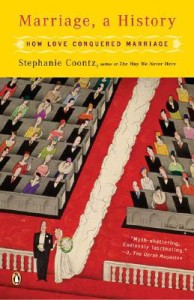 Why didn’t they marry? For many of the reasons we hear about today: In part due to poverty, in part because they didn’t find a spouse. But some possibly remained single because they created a good alternative. And of course, many of those who did marry did not have children due to infertility. (See Stephanie Coontz’s Marriage, a History: How Love Conquered Marriage for more on the late marriage pattern.)
Why didn’t they marry? For many of the reasons we hear about today: In part due to poverty, in part because they didn’t find a spouse. But some possibly remained single because they created a good alternative. And of course, many of those who did marry did not have children due to infertility. (See Stephanie Coontz’s Marriage, a History: How Love Conquered Marriage for more on the late marriage pattern.)
Before the twentieth century, it’s hard to find women who explicitly rejected having children, in large part because these ideas were difficult to talk about, even in private letters and diaries—and the vast majority of women didn’t keep these kinds of records. But some did question childrearing, as when poet Katherine Philips rejected the “pangs of childbirth” and “children’s cries” back in the 1660s.
From your research, do you think there are more women from history who were childfree than people might think? Can you give us an example of women from history who, from what you have found, deliberately did not have children?
Childless marriages became more common in the late 1800s, particularly in New England. According to sociologist S. Philip Morgan, who studied Census data, over 14% of married women in New England did not have children. So some of these women probably made the decision to be childfree.
One of my favorite examples is Beatrice Webb (1858-1943)—a complicated and extremely accomplished British social reformer. She married her husband, Sidney Webb, when she was 34, and they never had children. The Webbs decided to devote their lives to the common good rather than to raising their own family.
Tell us about the book you are working on, Childless: A Historical Companion for the 21st Century.
I’m writing about the experiences of historical women and men—whatever path they took toward childlessness—in order to illuminate a number of issues that childless people continue to face today:
- How we make choices about our lives and navigate the landscape of regret
- How we flourish as humans
- Our households and the stuff that passes through them
- Our relationships over the lifetime with extended family, friends and communities
- Radical critiques of national politics and economic thought
- The stories we tell about ourselves regarding work, vocation, ambition and creativity
- Our legacies and responsibilities towards future generations
We need to keep creating a broad conversation about childless and childfree people. After all, the ability to choose to be childless is one of the things that makes us human.
Thank you, Rachel!
Rachel Chrastil is a historian of modern Europe and an award-winning teacher. She is Associate Professor of History at Xavier University and the author of The Siege of Strasbourg and Organizing for War: France, 1870-1914. Learn more at her site, Childless, Child Free: News, Research & the Arts: childlessness.org.

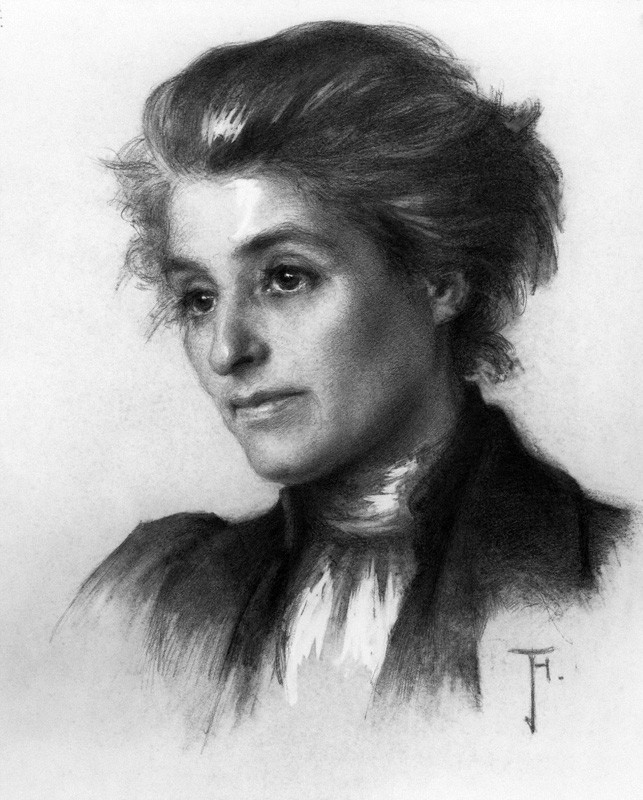
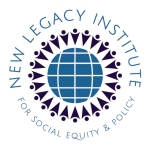
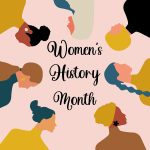
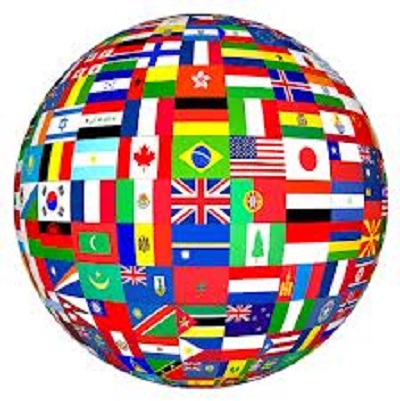

BRAVA! As a 73 year young childfree woman, looking back, I’m delighted to see yet another possibility of educating the masses to the childfree by choice movement. I was one of those pioneers in the mid 70’s who faced the wrath of ignorance and ridicule resulting in the loss of my teaching job after an interview on “60 Minutes” We’ve come a long way. Sadly, we have a long way to go. It takes all of us, to step up to the plate and declare our choices with the same pride as any parent. I’ll be sure to share this book with my followers on my Facebook and blog. Thanks for doing it. Marcia Drut-Davis, Author,”Confessions of a Childfree Woman”
Hi Marcia! I am staying in touch with Rachel re book pub date so will spread the word when I know! ~Laura